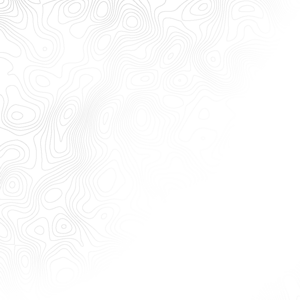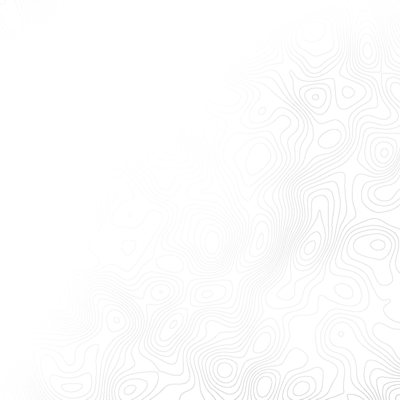WorkCabin joins badger biologist in forest to examine animal den
WorkCabin founder Gregg McLachlan joined biologist Josh Sayers of the Ontario Badger Project in November 2015 to examine a freshly excavated den and search for fur strands for DNA testing. Only about 200 badgers remain in the wild in Ontario. It is uncertain if this is a badger den, however every sighting adds to the recovery projects understanding of badgers, and reports of burrows and road-killed badgers are particularly important.
(Via Ontario Badger Project) Burrows are often the best way of determining whether or not a badger lives in an area. A single badger may have hundreds of unique burrows that it, as well as other badgers and other species, may use. In places where badgers live, such as the Norfolk County area, most burrows are actually badger burrows. In fact, many people have seen badger burrows, but they are rarely recognized. Instead they are usually assumed to belong to animals such as fox, groundhog, or even coyote, all of which will use/modify vacant badger burrows as well.
But identification is not always straightforward. Both the physical appearance and location of badger burrows are highly variable. And while some burrows can be distinctive and conspicuous, most are in places where they are not easily spotted, such as ravines, gullies, and in hidden under thorns and brambles.
- Usually found near a habitat edge, such as where a field meets a forest, a hedgerow divides two fields, or next to a ravine
- Generally about 10 inches wide (and not quite as tall) but the size is very variable
- May have claw marks on the inside walls
- When there is fresh digging, they are very distinctive.
- Older burrows may have very little or no digging, making them harder to identify
- Many people have seen badger burrows without realizing it
- Any burrow larger than 8 inches wide has a good chance of having been dug by a badger, and is worth reporting to 1-877-715-9299 (TOLL-FREE)
- Job Interviews: Crafting Your Response to “Where Do You Want to Be in Five Years?” - June 15, 2024
- How Contract Jobs Pave the Way to Full-Time Positions in Conservation - April 26, 2024
- Career Help: How to Gain Experience in Conservation Field - February 23, 2024



